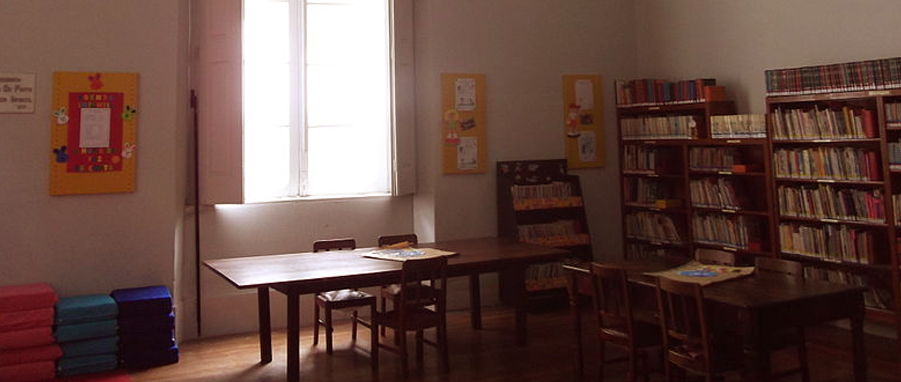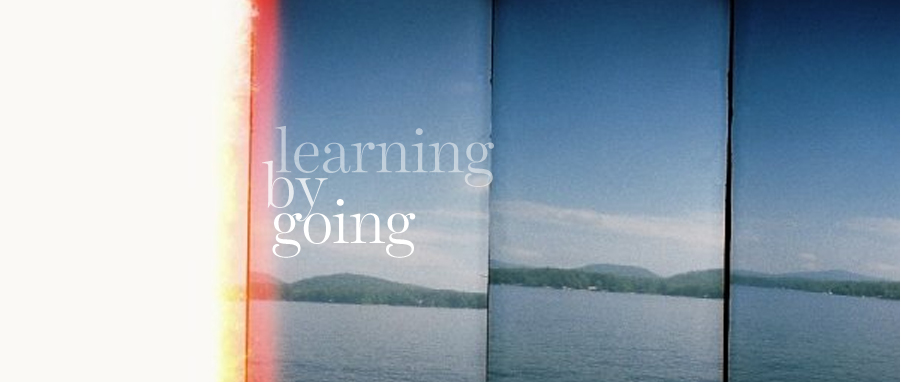By H. Savala NolanPhotograph by Leigh Anna Thompson
I expected to come back to New York and look beautiful. Show off tan legs late at night in a white dress and red heels. I expected to cook dinner at his house, get tipsy with red wine, and make out on his couch. I expected to feel like I felt at the beginning, when I got my first look at the city. Riding a train from Rhode Island that August evening, I looked up from my book, and there was Manhattan, silver stilettos of skyline, regal in thick orange sunlight. It was fascinating, an intricate Cubist brooch on the breast of the earth. It sent out shock waves---this metropolis squeezed into place by the corseting rivers, and I felt as if my body had just been plugged into a sun. That first weekend, I stayed with a friend on Park and 91st, and I'll never forget: tiny-aisled, overflowing grocery stores with moms and pops at the register, my first taste of the ubiquitous ginger-carrot salad dressing, Bow Bridge, Tasty Dlite frozen yogurt, the eerie insulation of Upper East Side apartments, the motionless heat of subway stations, doormen, Prince Street, the Astor Place cube and Around the Clock french toast, Midtown magazine workers with tap-tap heels, the clip and cadence of New Yorkers conversing, the swirling backseat universe of taxi cabs at drunken three AMs. I knew I had to live in New York, and for seven years, I did.
At the end of those seven years, I graduated from college and flew home to California. I thought it would be a six week visit, and I'd return for my new job as a public school teacher. But I didn't want the job. I wasn't ready. So I stayed in California, and offered my coordinator in New York a cursory explanation about changed life circumstances. That November, unable to stand being gone from my beloved city, I bought a last-minute ticket and flew east for a weekend.
I expected not to spend any money. Fifteen dollars a day, I told myself. Have will power! Think what Soho is actually like before you decide to shop. Eat Zone bars for breakfast and pizza for lunch. Don't buy foreign magazines and dream of a chic life just because, in this city, it seems plausible. Don't get wine or bottled water. Embrace lowbrow: drink coffee from street kiosks with Parthenon cups. Take the subway. Take the bus. Take the shuttle to the airport. Don't buy cigarettes---they're cheaper in California and you barely smoke anyway. Ignore your chipped nail polish. Don't get your hair blown out. Don't buy a week of Bikram classes because you're worried about getting fat. Go hungry. Let your feet ache. Remember your rent, gym membership, cell phone, health insurance, medications, credit cards, student loans, car insurance, the price of gasoline, groceries, and the fact that you took off work to pull off this trip.
Make the most of this weekend! See everyone. Everyone. This is a pleasure trip, but you are here on business---the business of finding a way back. See the friend who you haven't seen since she returned from London, see the one you had the fight with, see the guy who owes you a favor, your roommates from Italy, your old boss, your old professor and get a signed copy of his new book. Network. Remind them that you exist even if you crossed the river. Swing by the old office and chat up the editors, get to the Guggenheim, email that moron at MTV and invite her out for coffee. Pay. Insist. Congratulate her on the engagement, the apartment. Tell her she looks wonderful. How shiny her hair is. Let her be the heyday Carrie Bradshaw we all wanted to be.
That weekend, I expected a definite answer from myself because I was confused: I gave up New York, a real job, and my friends to do what---drink overpriced Whole Foods vegetable juice and sunbathe to skin cancer? Live with my mom? Surf Craigslist?
I have a new job now that I don't mind---a small creative business, decent pay. But, as I told a friend that weekend over amber pints in the Village, I don't want to become a brick in the wall, and my boss can probably sense that I have one foot out the door. My former New York Life is stuck in my mind like a song. Even in the green, clean, serenity of my Bay Area enclave, I observe all things California with disdain and keep Manhattan in my mind's eye. Sometimes I intentionally say, "Are you waiting on line?" to remind myself that I haven't gotten used to being away. When people wave clipboards at me and ask for my signature, I tell them, "I don't live here," and I mean it. I haven't registered to vote, I haven't made any friends. And when I'm on the freeway, I pretend I'm driving out of town for a beach house weekend, Atlantic ocean and hydrangea bushes, brown nannies and white babies, naked feet in loafers and fresh cinnamon donuts in East Hampton---only this time, I'm not sitting in the backseat of a Yukon, charged with three kids and counting the minutes until the paycheck.
But where am I actually going? What city? What life? I am clueless. I see signs but can't read them. I expected the long Manhattan weekend to make it clear—I belong here—to make me fall in love, like I did every night I rode home in a taxi, watching the city lights beyond the window glass, or looking at Chagall and chandeliers past the champagney Lincoln Center fountain. Like I did those first, verdant, Central Park days of spring, or after exchanging some unexpected kindness with a stranger who was also a New Yorker. After a New Yorker Smile, where one city dweller makes quick eye contact with another and they take turns exchanging eyes-looking-away smiles. But I don't feel in love; I feel lost. Starved, restless, unheard—and I don't know if place will fix that. I'm an artist, I get to create something from nothing---but so what?
I do know that I'm waiting, actively waiting for an arrival, a renaissance---I'm not sure what to call it. But I'm ready. Sometimes I could scream I'm so anxious for it to get here. I'm underground in a tunnel, alone on a platform, and it will come to me, barreling forward, a train with no passengers, its headlights at first just a flicker through the dark, its weight a shudder on the tracks that sends the rats fleeing. Then its sound will rush up and deafen me---all my blessed futures collide---and its wind will blow, tossing up the dormant riches that have been gathering dust on the floor of me. I'll jump off the platform and grab hold of the metal snake as it bullets forward. My old skin will open. I'll have something to make, and I will make it. That is the love I came looking for.





























